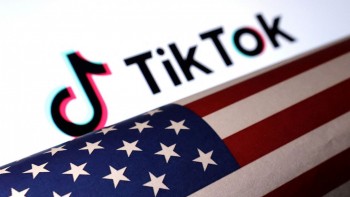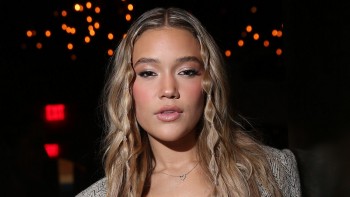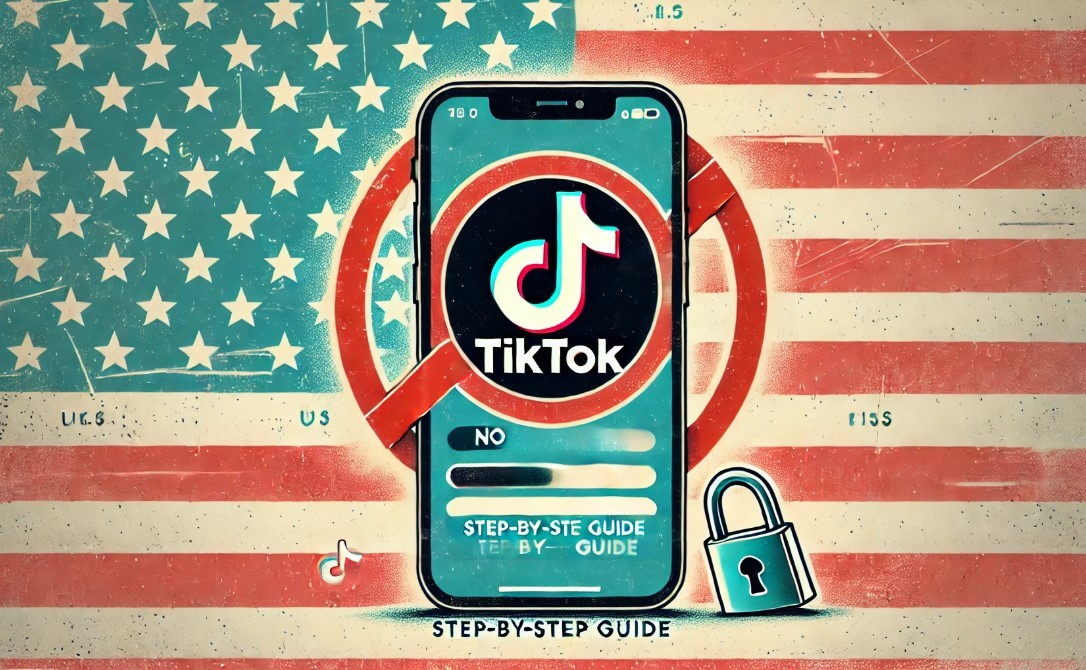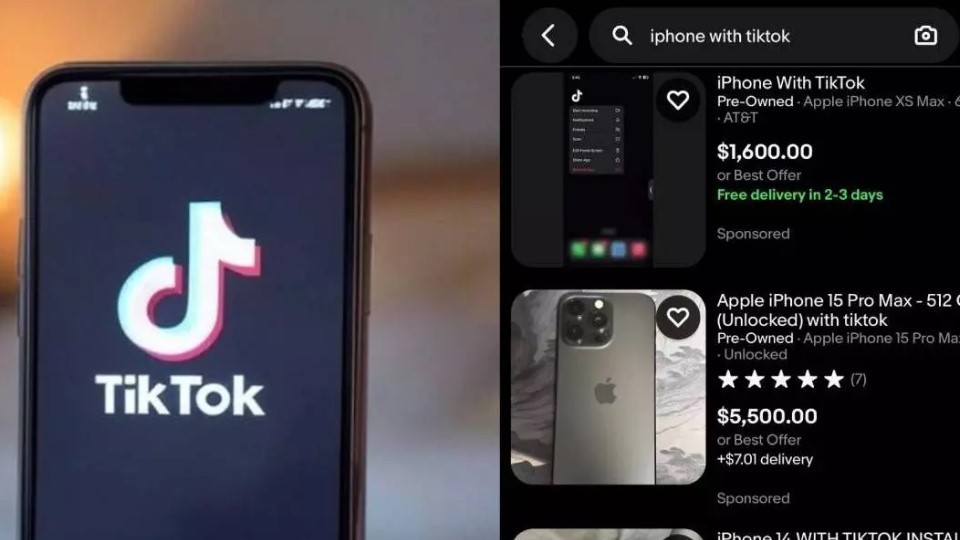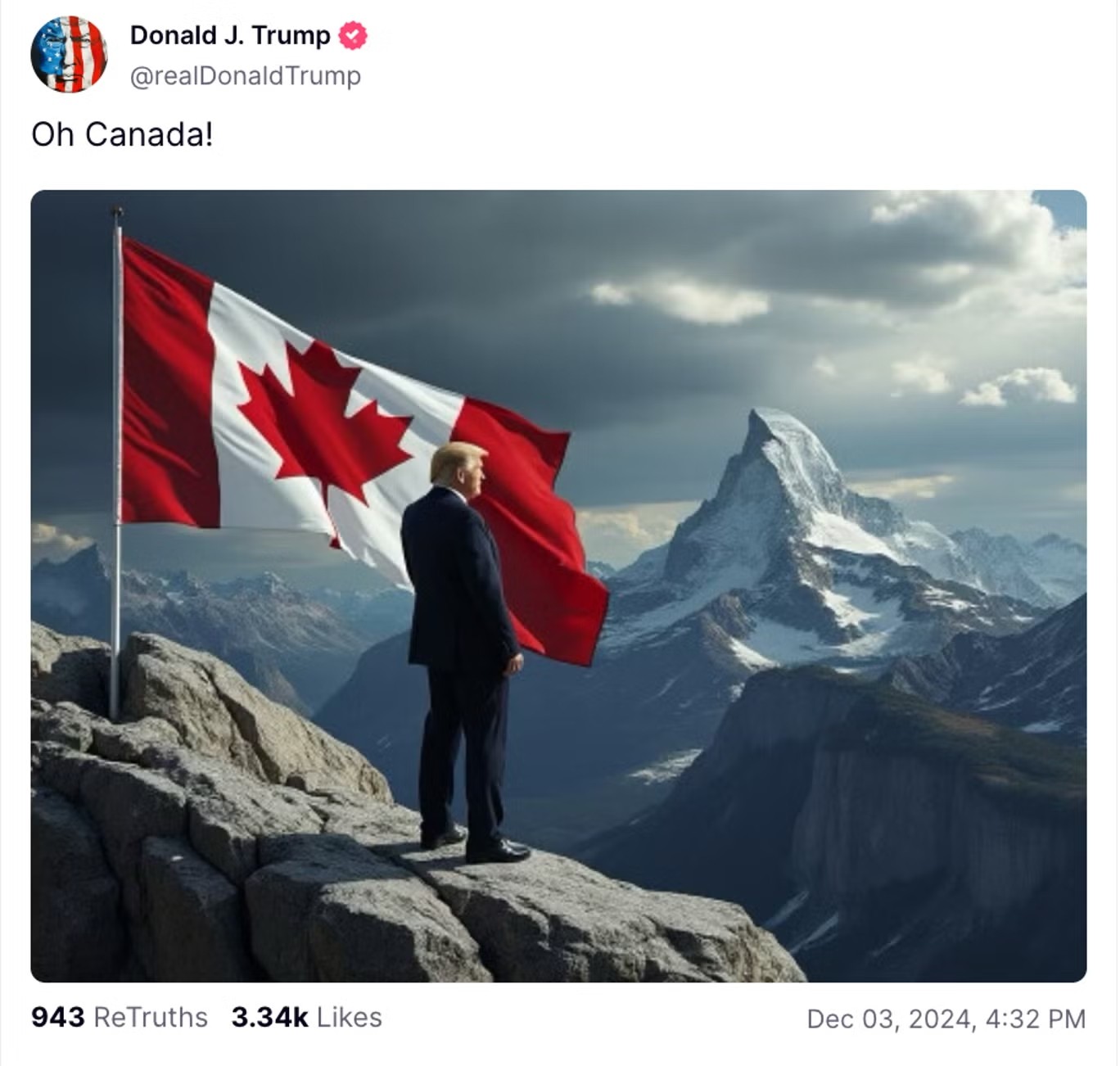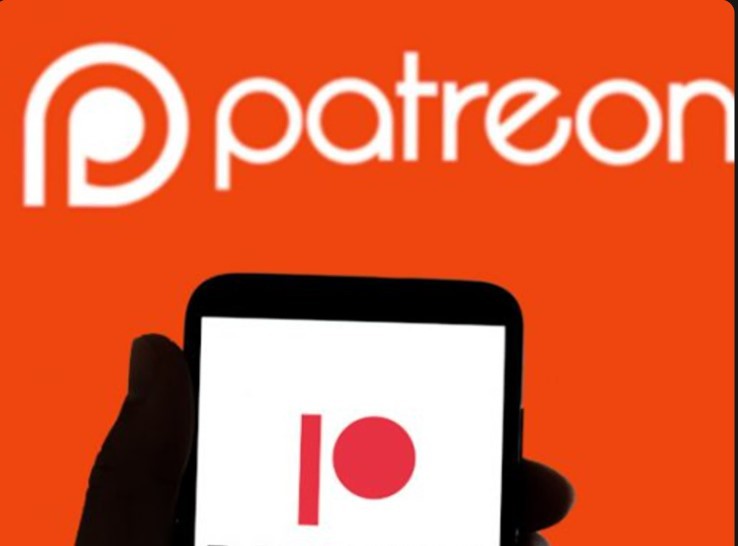TikTok faces potential ban in the U.S if not sold by January 2025: Waiting for President Donald Trump
The Supreme Court scheduled oral arguments in the case for Jan. 10, nine days before the law, formally known as the Foreign Adversary Controlled Applications Act, is set to take effect.
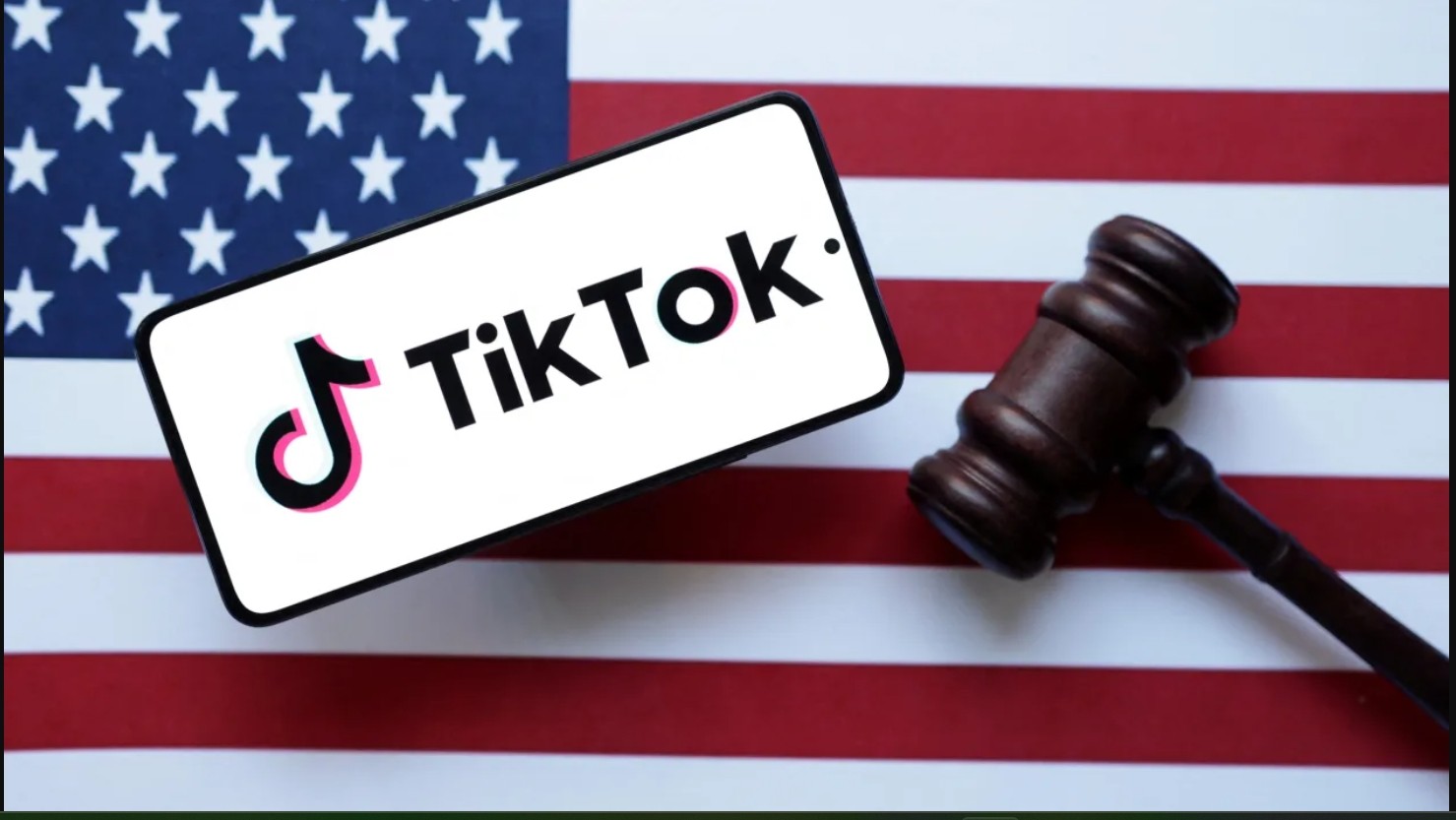 |
The law would require TikTok’s Chinese parent company ByteDance to sell the app or force Google, Apple, and other platforms to stop supporting the app in the United States.
The fate of TikTok in the United States has been a rollercoaster ride, especially with the involvement of former President Donald Trump. During his first term, Trump attempted to ban TikTok, citing national security concerns over its Chinese ownership. He signed an executive order in 2020 to force ByteDance, TikTok's parent company, to sell its U.S. operations to an American company. However, this order was challenged in court and never went into effect.
Fast forward to 2024, and the situation took an unexpected turn. As President elect, Trump pledged to "save TikTok" during his campaign, despite his previous efforts to ban the app. This shift in stance was surprising to many, given his earlier position. Trump argued that banning TikTok would benefit its rivals, such as Facebook, which he has criticized for various reasons.
| President-elect Donald Trump met with TikTok CEO Shou Zi Chew at Trump’s Mar-a-Lago club in Palm Beach, Florida on Monday, the same day that the company asked the Supreme Court to take its case. |
The legal battle over TikTok continued under President Joe Biden, who signed a law in April 2024 requiring ByteDance to divest its stakes in TikTok by January 19, 2025, or face a ban. This deadline coincides with the day before Trump's second inauguration. Trump has indicated that he plans to oppose the ban and find a way to keep TikTok operational in the U.S., although the specifics of his plan remain unclear.
In summary, while Trump initially led the charge to ban TikTok, he later promised to save it, recognizing the app's popularity among young Americans and the potential political benefits of supporting it. The outcome of this saga will depend on ongoing legal proceedings and the actions taken by the incoming administration.
Read More: TikTok Ban in the US: What’s happening, Why it matters, and What comes next
Potential Consequences of Banning TikTok in the U.S.
The potential ban on TikTok in the U.S. could have several significant consequences:
-
Economic Impact: TikTok has over 170 million users in the U.S., and banning the app could lead to substantial economic losses for businesses that rely on it for marketing and engagement. Influencers and content creators who have built their careers on the platform would also be affected.
-
User Backlash: TikTok is immensely popular among Americans, especially younger demographics. A ban could lead to widespread dissatisfaction and backlash from users who enjoy the platform for its entertainment and social connectivity.
-
Freedom and Democracy Concerns: Some argue that banning TikTok could be seen as a violation of freedom of expression and democratic principles. Critics claim that such a move sets a dangerous precedent for government intervention in digital platforms.
Popularity of TikTok Among Americans
TikTok has become a cultural phenomenon in the U.S., with millions of users engaging with the platform daily. Its short-form video format and algorithm-driven content discovery have made it a favorite among Gen Z and Millennials. The app's ability to create viral trends and challenges has further cemented its place in American pop culture.
Social Media Platforms in the U.S.
In the U.S., TikTok competes with several other major social media platforms, including Facebook (Meta), Instagram, and X (formerly Twitter). Each platform has its unique features and user base:
-
TikTok: Known for its short-form videos and viral trends, TikTok has a strong presence among younger users.
-
Facebook (Meta): With a broader user base, Facebook remains a dominant platform for social networking and community building.
-
Instagram: Popular for photo and video sharing, Instagram appeals to a wide range of users, including influencers and brands.
-
X (formerly Twitter): Known for real-time updates and microblogging, X is a go-to platform for news, discussions, and public discourse.
FAQs
Q: Can President Trump save TikTok? A: President Trump has pledged to save TikTok during his campaign, despite his previous efforts to ban the app. The outcome will depend on ongoing legal proceedings and the actions taken by the incoming administration.
Q: What are the potential consequences of banning TikTok in the U.S.? A: Banning TikTok could lead to economic losses for businesses and content creators, user backlash, and concerns about freedom of expression and democratic principles.
Q: How popular is TikTok among Americans? A: TikTok is immensely popular in the U.S., especially among younger demographics. It has become a cultural phenomenon with millions of daily users.
Q: How does TikTok compare to other social media platforms in the U.S.? A: TikTok competes with platforms like Facebook (Meta), Instagram, and X (formerly Twitter). Each platform has its unique features and user base, with TikTok being particularly popular for its short-form videos and viral trends.
The future of TikTok in the U.S. remains uncertain, but its impact on American culture and social media is undeniable. As legal battles continue, the outcome will shape the digital landscape and the way users engage with online platforms



